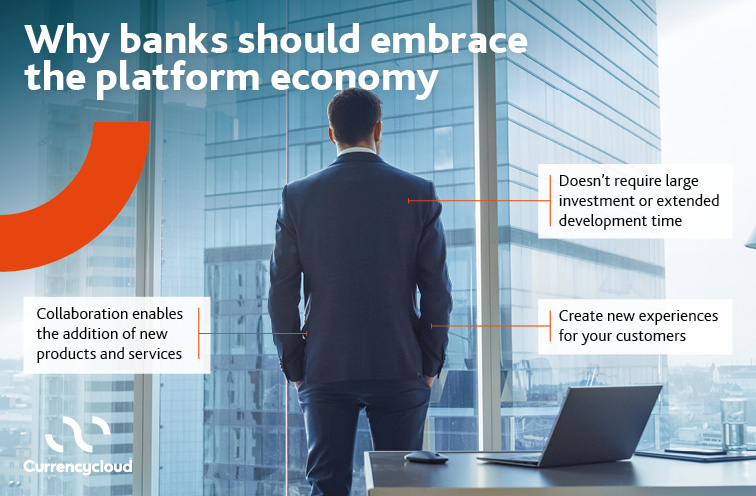The open banking movement, along with changing regulations such as PSD2, are shifting customer expectations and driving significant change in the financial services industry.
Traditional banks already recognize that they need to change business models and embrace powerful technologies such as artificial intelligence and data analytics. They also realize that in order to keep up with new market entrants they must update their internal technology skills profiles accordingly.
Related articles to read next:
Futureproof your business by doubling down on regulation
Are PSD2 and GDPR conflicting regulations?
Protecting data: who must comply with EU GDPR?
‘Digital born’ fintechs have already breached the defenses of traditional banks by building superior propositions, often focused on niche sectors, apps or capabilities. Examples here include apps that enable customers to create an overview of all their bank accounts, carry our basic financial planning, or make small scale P2P investments.
While traditional banks know they need to respond by innovating the products, financial services and customer experiences they already provide, they can face significant barriers along the way. These include legacy technology, resistance to change and inflexible thinking.
It is also challenging for banks to source the technology professionals they need to build ‘digital first’ processes and propositions. This is because many lack the collaborative and agile environment that today’s developers prefer.
Of course, there are a number of strategies banks can adopt to break down these barriers and to create new operations capable of competing with fintechs for skills and market share.
Get in touch:
Find out more about how Currencycloud can help your business meet its demands

New banks on the block
Some traditional players, for example, have set up additional brands to build new digital offerings from the ground up. These include JPMorgan Chase’s mobile-only offshoot Finn, Royal Bank of Scotland’s Mettle and CaixaBank’s imaginBank.
Another strategy is to embrace the platform economy that has revolutionized other sectors such as takeaway meals (Deliveroo), taxis (uber) and short-term property lets (Airbnb). Platform brands tend not to own assets and leverage limitless resources instead, often collaborating with third-party providers of other products and services to create new experiences for customers.
“rather than only ever seeing fintechs as a threat, banks can open up their APIs to integrate innovative technologies with existing core banking systems.”
Traditional banks are in a different position, in that they do own assets. But they also enjoy tremendous brand loyalty. They have the capability to collect huge amounts of customer data, which can be blended with other sources of information to create real insights into customer behavior, both past and predicted.
Partnering with fintechs is a win win
So rather than only ever seeing fintechs as a threat, banks can open up their APIs to integrate innovative financial services technologies with existing core banking systems. The result is a win for banks, which can provide the services customers are pushing for, and a win for fintechs, who have a ready market for their technologies across banks’ existing customer bases.
By assembling components, rather than developing everything from scratch in-house, today’s financial services firms can move more quickly to bring innovation on board, helping to reduce customer churn. By choosing to offer tried and tested products and services – such as Currencycloud cross border payments – within their overall offering, banks can continue to build customer trust in the quality of their services.
And because a third-party app developer is responsible for updates and maintenance of their system, banks, and their clients can be confident that systems are regulatory compliant as well as secure and stable. Change in the sector will continue to accelerate in the years ahead, which means such certainty and stability is particularly valuable.




